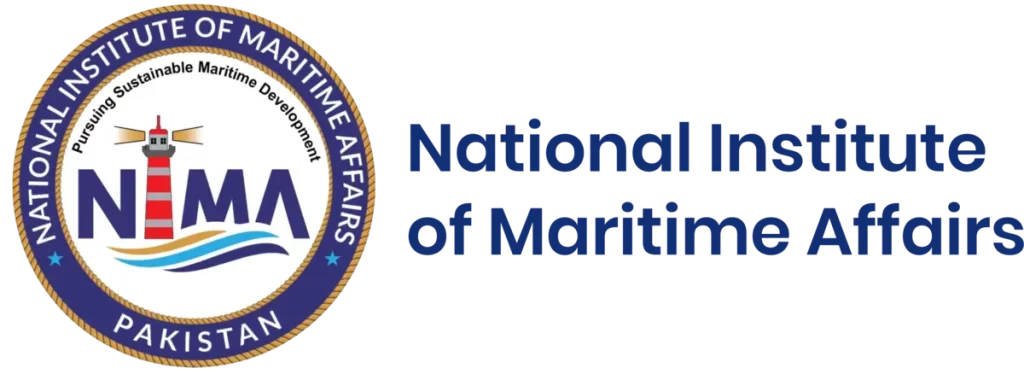Geo-Politics, Strategy & Economics
The National Institute of Maritime Affairs (NIMA) has significantly strengthened its focus on geo-politics and geo-strategy in the Indian Ocean Region (IOR). NIMA conducts in-depth research on the evolving maritime environment and its implications on Pakistan’s maritime interests. The IOSC analyzes geopolitical and geo-economic landscapes, offering insights into the strategic interests and security concerns of IOR stakeholders.
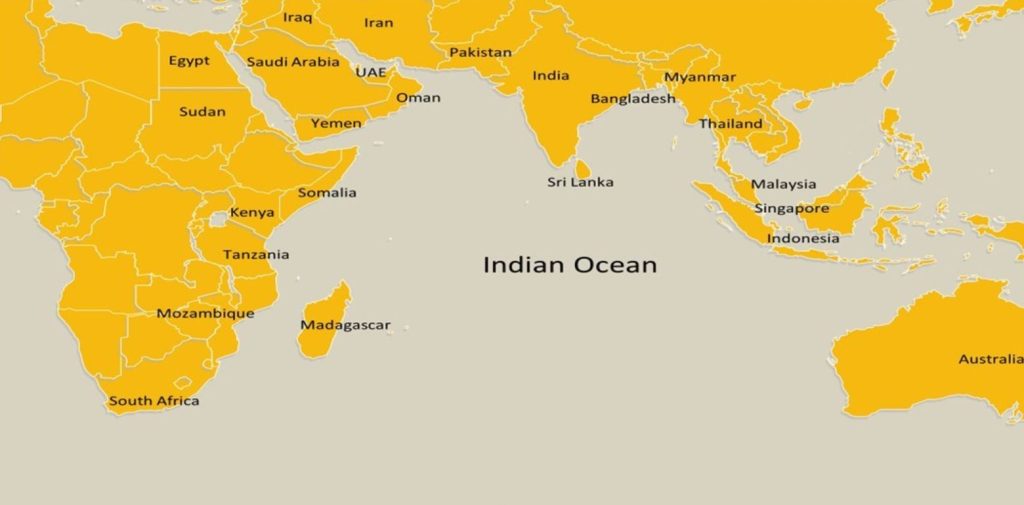
NIMA collaborates with national and international think tanks for organizing seminars and workshops to discuss key global and regional issues and generate policy recommendations. It leverages media platforms to disseminate research findings and raise awareness about the maritime domain’s strategic importance. These initiatives aim to enhance Pakistan’s strategic positioning, advocate for its maritime interests, and contribute to regional stability. Integrating geopolitical and geo-strategic considerations, NIMA plays a vital role in shaping Pakistan’s maritime strategy and understanding the Indian Ocean’s complex dynamics.
NIMA has identified / established seven research desks to cover the ambit of Geo-Strategy, Politics and Economy:
- Indian Ocean Regional Politics.
- Geo-Strategy & Policy.
- Geo-Economy & Energy.
- Maritime Security
- Maritime Strategy.
- Area Study (Far East, Middle East, CARs & Neighbors).
Blue Economy
The National Institute of Maritime Affairs (NIMA) is actively engaged in promoting the maritime sector of Pakistan through conceptual understanding of Blue Economy. According to the World Bank, Blue Economy is the sustainable use of ocean resources for economic growth, improved livelihoods, and jobs while preserving the health of ocean ecosystem. NIMA’s initiatives in this domain include comprehensive research, policy formulation, and capacity building aimed at utilizing marine resources while ensuring environmental sustainability. NIMA’s strategic plan related to Blue Economy encompasses the development of maritime sector’s infrastructure which includes focus on Ports and Harbours in Pakistan, promoting shipping sector of Pakistan, practices of sustainable fisheries, advancement of renewable ocean energy sources in Pakistan, etc.
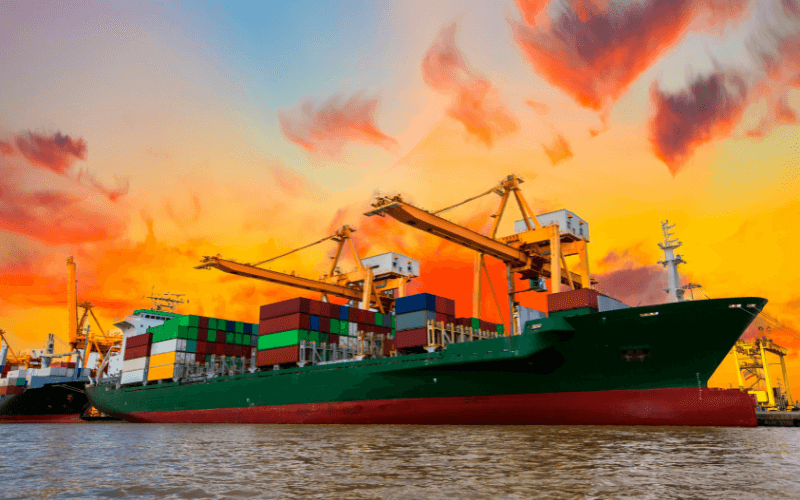
Through research and advocacy NIMA aim’s to drive innovation and encapsulates in maritime industries, support coastal communities, and contribute to national economic development. The notable efforts of NIMA are aligned with global sustainable development goals, focusing on balancing economic benefits with the preservation of marine biodiversity. Through these initiatives, NIMA seeks to position itself as a key player in the global maritime sector, advocating for policies that support a thriving and sustainable Blue Economy.
NIMA has identified / established ten research desks to cover the ambit of Blue Economy. These desks include:
- Port and Harbour
- Fisheries (Mari and Aquaculture)
- Ship Repair and Maintenance
- Green Ship Recycling
- Transit and Transshipment
- Coastal Communities
- Seafarer Community
- Maritime Tourism
- Water Sports
Maritime Law & Governance
Effective Maritime governance is crucial for fostering global trade, regional & national economic development and protection of marine ecosystem. International Maritime Law is a system of laws, conventions and regulations that govern actions at sea. Law Desk at the National Institute of Maritime Affairs (NIMA) closely monitors international maritime laws with the intention to provide necessary input to government and other maritime stakeholders.
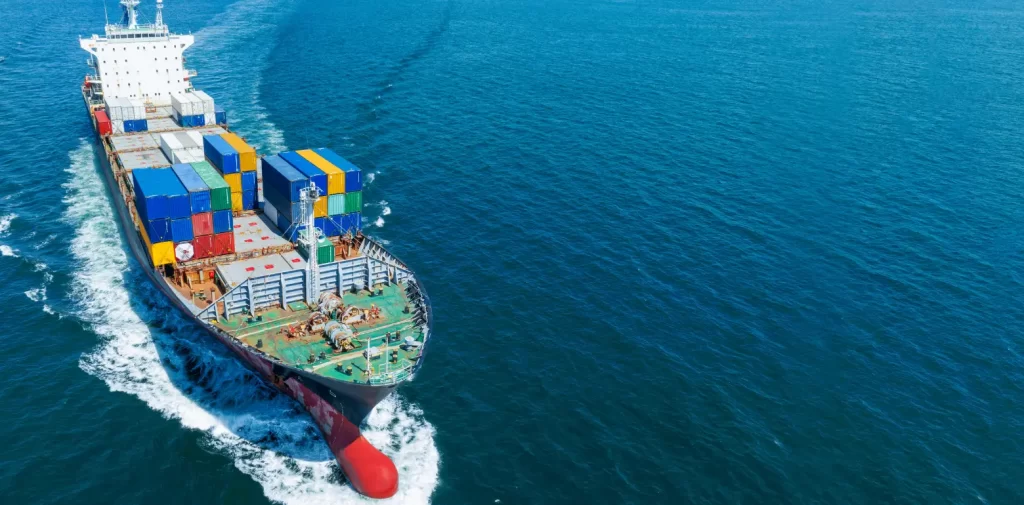
This proactive approach aims to ensure that Pakistan’s maritime legal framework remains current and responsive to the changing landscape of the maritime industry.
NIMA has identified / established five research desks to cover the ambit of Maritime Law & Governance. These desks include:
- Maritime Law
- Maritime Governance
- Maritime Policies, Acts, Ordinance
- Maritime Law & International Obligation
- Maritime Heritage (History and Marine Archaeology)
Environment and Climate Change
Maritime Environment and Climate Change Centre has been set up at NIMA to enhance understanding of emerging threats of environmental degradation and climate change in the marine and coastal regions of Pakistan.
The research themes under the centre range from topics like marine pollution and Sustainable Development Goals (SDGs) to advancements in Green Shipping technologies. Environmental and ecological preservation under changing climate and in line with international commitments of Pakistan are at the core of research carried out at Maritime Environment and Climate Change Centre.
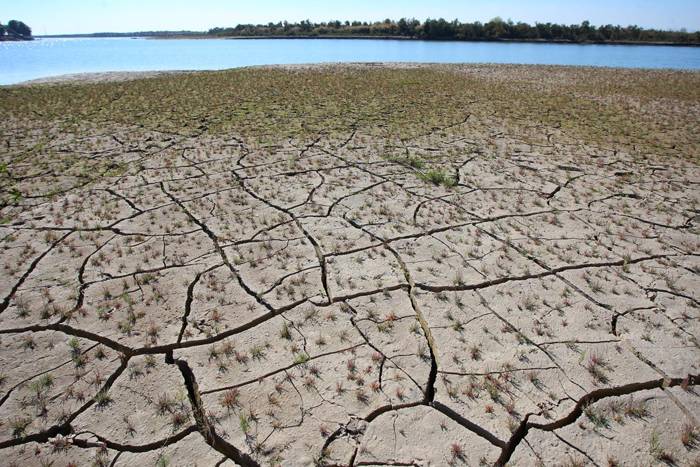
The involvement of local communities is critical for safeguarding the environment and preserving natural resources and Maritime Environment and Climate Change Centre considers it a key element of Sustainable Development. The centre aims to engage federal and provincial government organizations and other stakeholders in achieving the goals of sustainable maritime conservation and climate resilient growth.
NIMA has identified / established five research desks to cover the ambit of Environment and Climate Change. These desks include:
- Climate Change & Environmental Security
- Marine and Coastal Pollution
- Coastal Urban Areas
- Conservation of Marine Ecosystem
- Sustainable Development Goals (SDGs)
Maritime Industries
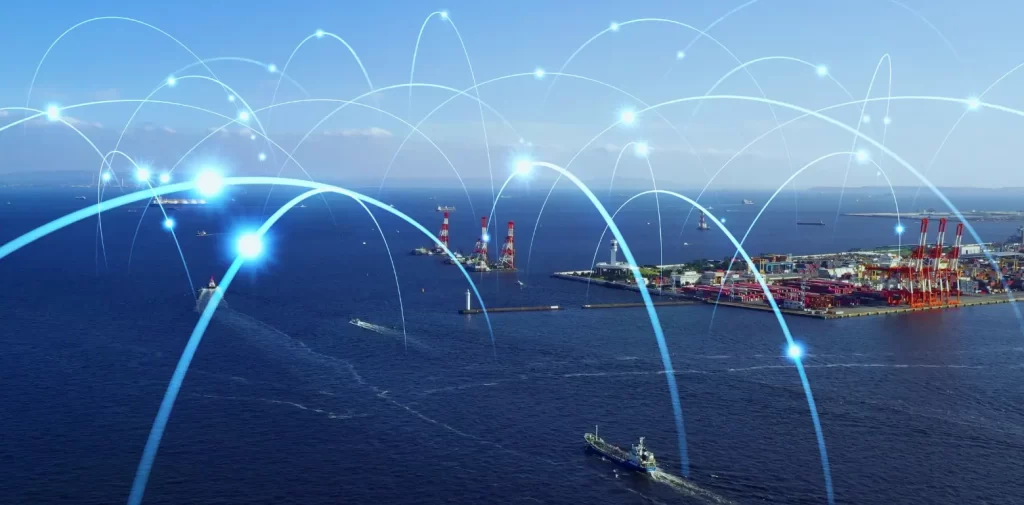
The maritime industries are pertinent to these multiple desks e.g. Environmental, Shipping, Fishing, Maritime Tourism, etc., and have been developed in NIMA to carry out dedicated research to facilitate the development of new maritime policies. NIMA seeks to support coastal communities, stimulate innovation in the maritime industries, and advance national economic development through advocacy and research. The noteworthy initiatives of NIMA, which balance economic gains with the preservation of marine biodiversity, are in line with the objectives of the Sustainable Development Goals (SDGs). NIMA aims to establish itself as a major force in the international maritime industry by promoting and developing policies that foster a prosperous and sustainable blue economy.
NIMA has identified / established eight research desks to cover the ambit of Maritime Industries. These desks include:
- Innovation & Technology
- Renewable Energy
- Maritime Industry
- Marine Resources and Ecosystem (Coastal)
- Maritime Resources and Ecosystem (ABNJ, BBNJ)
- Marine Resources and Ecosystem (EEZ / Continental Shelf)
- Hydrography & Survey
- Study of Polar Region
Maritime Trade and Transport
The National Institute of Maritime Affairs (NIMA) is actively engaged in enhancing Pakistan’s maritime trade and transport sector, and recognizing its strategic importance for the country’s economic growth. This domain encompasses the regulation, development, and optimization of shipping routes, port infrastructure, and logistics services essential for international trade through research and advocacy. In partnership with a number of organizations, including PQA, PNSC, KPT, and certain others, NIMA has developed chairs to carry out research that will strengthen Pakistan’s maritime trade and transportation industry going forward.
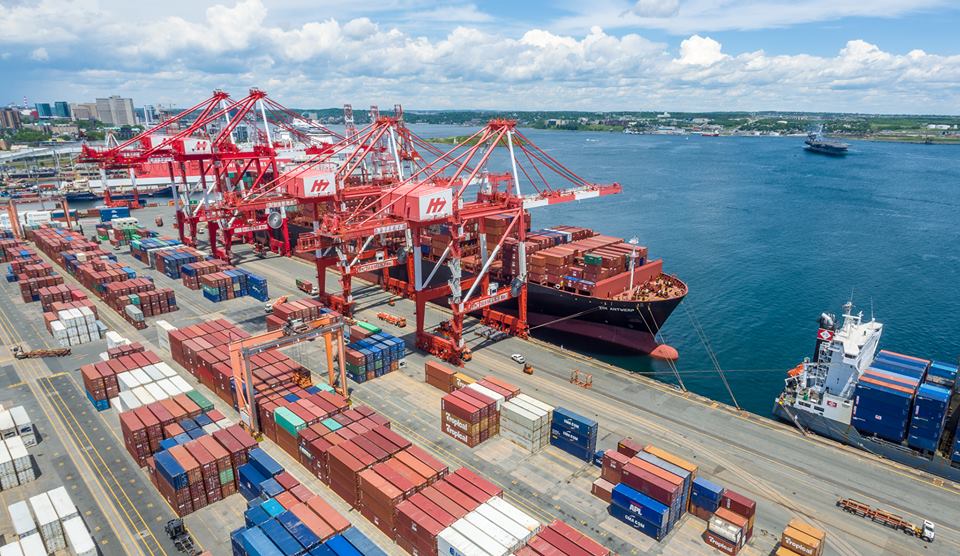
NIMA aims to conduct research that will improve port facilities, integrating advanced technologies for efficient cargo handling, improving safety standards in maritime operations, etc. of Pakistan. By hosting seminars, webinars, and short courses, NIMA aims to promote sustainable practices that reduce environmental impact while also conducting capacity-building programs and training maritime professionals to meet international standards. By addressing the challenges of maritime security and regulatory compliance, NIMA is working to streamline procedures, and enhance the competitiveness of Pakistan’s maritime trade and transportation sector. NIMA intends to position Pakistan as a key player in the global maritime industry, ultimately contributing to the country’s economic resilience and growth.
NIMA has identified / established eight research desks to cover the ambit of Maritime Trade and Transport. These desks include:
- Maritime Transport
- Maritime Trade
- Port Services
- Maritime Budget & Analysis
- Inland Water Transportation System
- Maritime component of CPEC
